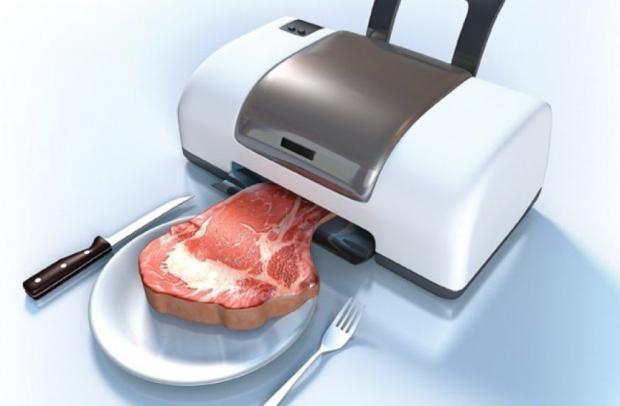
Breaking News
 Protecting Sex Predators: The Sordid Reality of the Global Power Elite
Protecting Sex Predators: The Sordid Reality of the Global Power Elite
 Palantir, Colorado's most valuable publicly traded company, suddenly departed for Florida today
Palantir, Colorado's most valuable publicly traded company, suddenly departed for Florida today
 Republican Rep. Joins Dems to BLOCK Trump's Pardon Power
Republican Rep. Joins Dems to BLOCK Trump's Pardon Power
 The Global Wealth Rotation Just Started
The Global Wealth Rotation Just Started
Top Tech News
 New Spray-on Powder Instantly Seals Life-Threatening Wounds in Battle or During Disasters
New Spray-on Powder Instantly Seals Life-Threatening Wounds in Battle or During Disasters
 AI-enhanced stethoscope excels at listening to our hearts
AI-enhanced stethoscope excels at listening to our hearts
 Flame-treated sunscreen keeps the zinc but cuts the smeary white look
Flame-treated sunscreen keeps the zinc but cuts the smeary white look
 Display hub adds three more screens powered through single USB port
Display hub adds three more screens powered through single USB port
 We Finally Know How Fast The Tesla Semi Will Charge: Very, Very Fast
We Finally Know How Fast The Tesla Semi Will Charge: Very, Very Fast
 Drone-launching underwater drone hitches a ride on ship and sub hulls
Drone-launching underwater drone hitches a ride on ship and sub hulls
 Humanoid Robots Get "Brains" As Dual-Use Fears Mount
Humanoid Robots Get "Brains" As Dual-Use Fears Mount
 SpaceX Authorized to Increase High Speed Internet Download Speeds 5X Through 2026
SpaceX Authorized to Increase High Speed Internet Download Speeds 5X Through 2026
 Space AI is the Key to the Technological Singularity
Space AI is the Key to the Technological Singularity
 Velocitor X-1 eVTOL could be beating the traffic in just a year
Velocitor X-1 eVTOL could be beating the traffic in just a year
'High Steaks' As Israeli Startup Prints World's First Ribeye

Aleph teamed up with biomedical researchers at the Technion-Israel Institute of Technology to print lab-grown ribeyes intended for human consumption without slaughtering an animal.
"It incorporates muscle and fat similar to its slaughtered counterpart," the company said in a press release, adding that its steaks taste just like a "juicy ribeye steak you'd buy from the butcher."
Aleph's technology is unique. It prints "actual living cells that are then incubated to grow, differentiate, and interact, in order to acquire the texture and qualities of a real steak," the release said.
"A proprietary system, similar to the vascularization that occurs naturally in tissues, enables the perfusion of nutrients across the thicker tissue and grants the steak with the similar shape and structure of its native form as found in livestock before and during cooking," the release continued.



